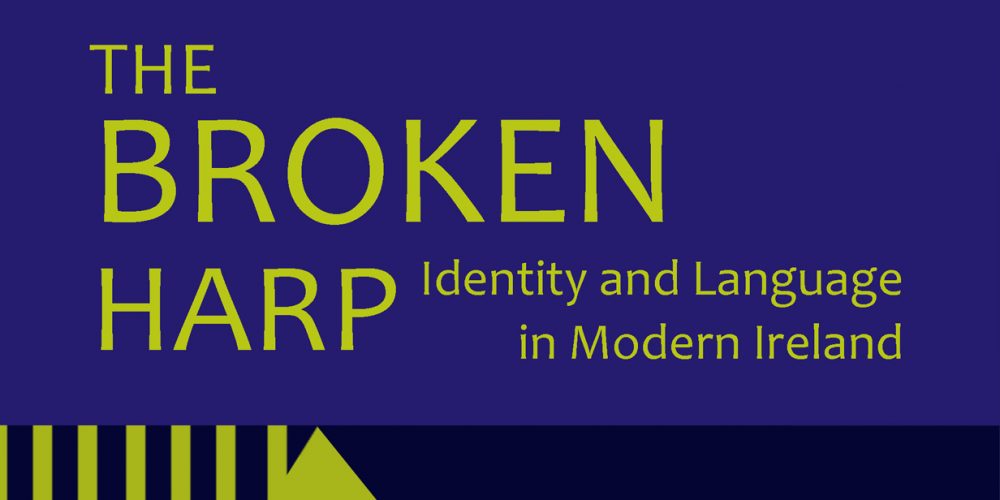One of the tragedies that befell Ireland after its partial independence was that the aspirations for this newly liberated state were almost immediately replaced, as Liam O’Flaherty put it, by the “tyranny of the Irish Church and its associate parasites, the upstart bourgeoisie, the last posthumous child from the wrinkled womb of European capitalism.”
O’Flaherty’s novels of the 1920s describe this betrayal and its impact on the people of Ireland. His were among the first books to be banned by the state.
Frustration generated by unofficial, low-key censorship has also been the fate of Tomás Mac Síomóin. Yet his literary output is remarkable: poetry, short stories, novels, and translations of world literature. Disgusted at the abandonment by modern Ireland, Mac Síomóin left Ireland, like so many writers before him. He began to translate his own work into English to reach a broader audience: his collection of short stories, The Diary of an Ant, the novels The Cartographer’s Apprentice and Is Stacey Pregnant? Two books, the non-fiction exploration of the Irish post-colonial psyche, The Broken Harp, and a brilliant rewriting of Swift, An Immodest Proposal, he wrote directly in English.
Mac Síomóin is an internationalist and has deep regard for social revolutionaries, both in his native Ireland and abroad. He has translated Mayakovsky into Irish, he has written a novel set in revolutionary nineteenth-century Cuba while living in contemporary Cuba. He has translated the Communist Manifesto into Irish.
The plot of Mac Síomóin’s first and longest novel, the untranslated Ag Altóir an Diabhail: Striptease Spioradálta Bheartla B (At the Devil’s altar: The spiritual striptease of Beartla B), develops in a rural lunatic asylum, where an inmate (Everyman) is driven to madness by his failure to solve the enigma of woman, in this case the cyborg Juliet. The tawdry illusions cloaking the idyllic valley where the asylum is located—essentially contemporary Ireland—are peeled off, one by one.
Mac Síomóin presents readers with imprisoned people. In The Cartographer’s Apprentice they are confined to a certain space and time, which is governed by a menacing theocracy. In Is Stacey Pregnant? the prison is a traffic jam, with no escape, ending in sinister disappearances of people, engineered by a new-old breed of Orwellian pigs. Inhuman machinations, willingness to sacrifice people, denial of dignity, lurk everywhere.
Such dystopia has its firm and growing roots in our 21st-century normality. Yes, it may strike the reader as extreme, but it serves perfectly the purpose of highlighting the true and unmasked nature of our times.
Tomás Mac Síomóin continues a glorious tradition. The generation before him produced authors with a social conscience and political understanding, writing in Irish. Among these are such outstanding political activists as O’Flaherty and Mac Grianna, members of the CPI; Ó Conaire, former IRA member, trade union activist, and socialist; Pearse, cultural nationalist and leader of a military uprising against British imperialism in 1916; Ó Cadhain, an IRA member, socialist, and political prisoner.
Tomás Mac Síomóin, who turned eighty on 19 February, has stood firm against those who would rather that he wrote of thatched-cottage idylls or middle-class, mid-Atlantic, mid-life crises. He shows us the world as it is and invites the reader to see it as incommensurate with humanity’s ideal. In order to change the world one must first understand it. As Liam O’Flaherty wrote,
“And the censorship of literature was imposed, lest men like me could teach the Irish masses that contact with dung is demoralizing, that ignorance is ignoble and that poverty, instead of being a passport to Heaven, makes this pretty earth a monotonous Hell.”
For a fuller tribute to Tomás Mac Síomóin go to www.communistpartyofireland.ie/c-TMS.html.






